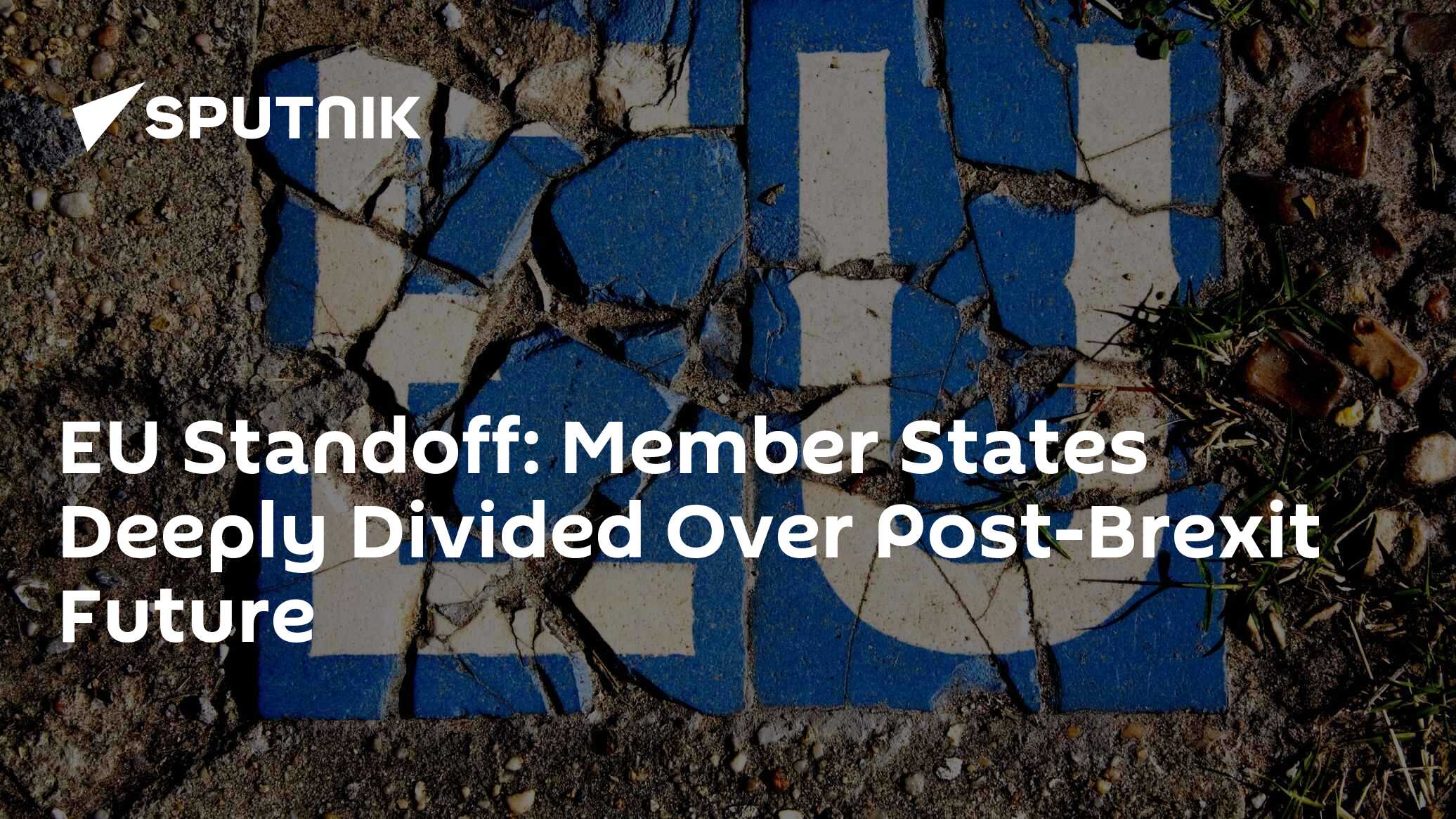
Eu standoff: member states deeply divided over post-brexit future
- Select a language for the TTS:
- UK English Female
- UK English Male
- US English Female
- US English Male
- Australian Female
- Australian Male
- Language selected: (auto detect) - EN
Play all audios:

CALLS FOR LESS CENTRALIZED EUROPE But while Brexit has led to calls for greater integration, other member states have had the opposition reaction, arguing that in order to maintain the
union, the EU needs to heed the warnings of British euroskepticism and become less centralized. It has led to tension among member states, and even reports that some countries are unhappy
with the performance of European Commission chief Jean-Claude Juncker. Chief among these member states are the Visegrad four nations of Hungary, Poland, Slovakia and the Czech Republic (V4),
who long considered the UK an ally in its call for the EU to return to more of a market based alliance rather than a political union. "The genuine concerns of our citizens need to be
better reflected," the V4's four prime ministers said in a joint statement released after the UK's June 23 referendum. "Instead of endless theoretical debates on;more
Europe' or 'less Europe' we need to focus on 'better Europe,' " the statement read. > Pushing forward with more political integration and a more federal >
Europe is not the answer — Dutch PM M Rutte in Strasbourg > #brexit #EUref > — Suzanne Lynch (@suzannelynch1) July 5, 2016 However the reaction of the Visegard group revealed that
their idea of a "better Europe" included reducing Brussels' decision-making power, with the prime ministers calling for the EU to "get back to basics."
"National parliaments have to be heard. The institutions of the European Union need to stick to their missions and mandates. Trust also needs to be fostered among member states,
starting with overcoming the artificial and unnecessary dividing lines we have seen emerging in past few months." GERMANY: 'NOW IS NOT THE TIME FOR GRAND VISIONS' While
Germany has long been a proponent of deeper EU integration, the level of euroskepticism unleashed by the Brexit referendum has led to calls for calm in Berlin. "This is not a time for
grand visions," German Finance Minister Wolfgang Schaeuble told newspaper Welt am Sonntag, in an echo of comments made by European Council chief Donald Tusk before the UK's
referendum. "The situation is so serious that we have to stop playing the usual European and Brussels games," he said, acknowledging the fear that more countries may look to exit
the union. Despite normally calling for greater EU cooperation, the fear of unleashing more euroskepticism could lead Germany to forming an unlikely alliance with the V4 countries as part of
a bid to counter the Brussels establishment and prevent further integration for the time being.
